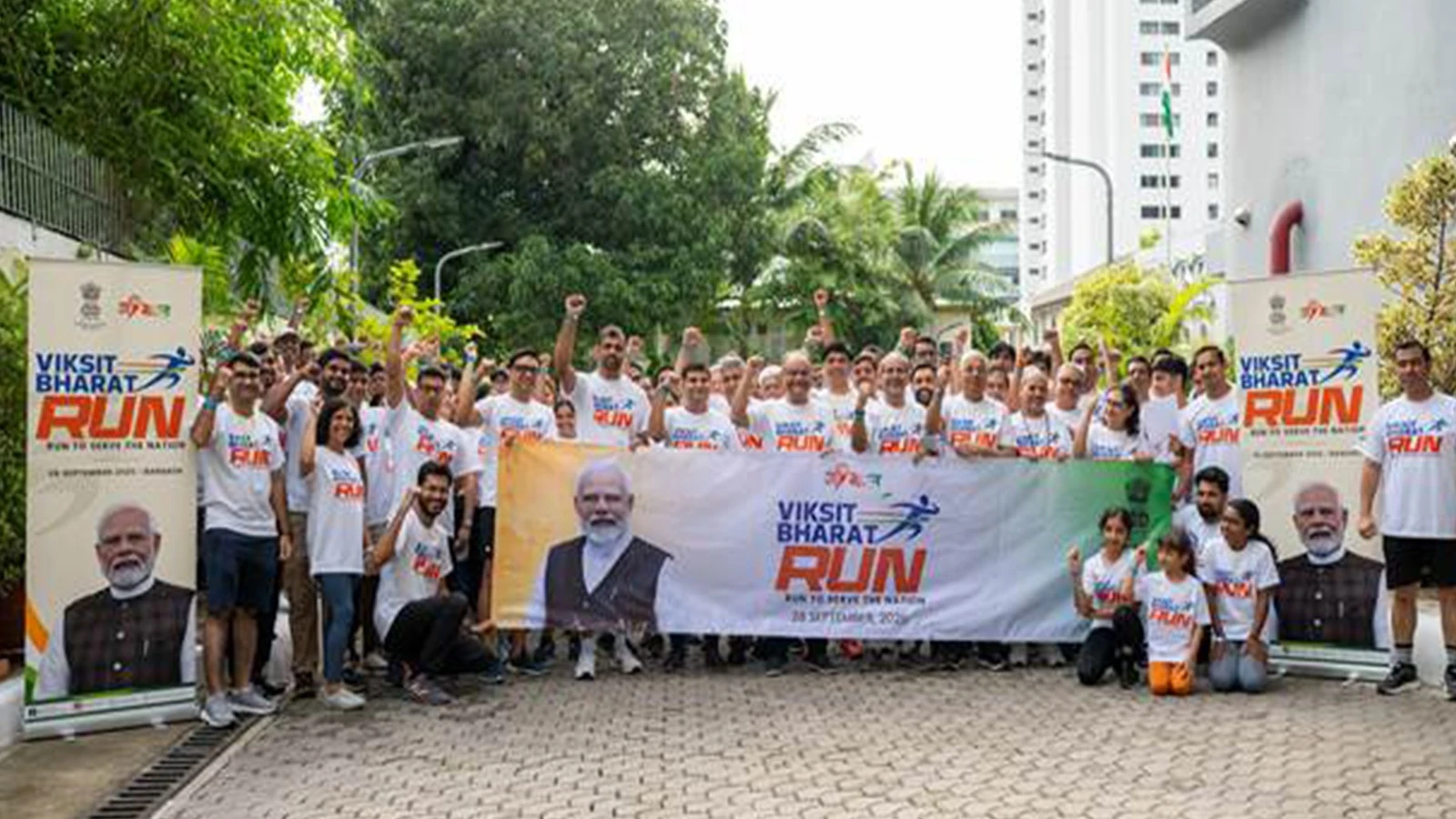SPECIAL REPORT: Innovation, ICT sectors emerge as young graduates’ major employers

In Dar es Salaam’s vibrant central business district (CBD), resides Maarufu Muyaga, Founder and CEO of M-Kadi Technologies Limited whose life has been transformed through innovation.
In an interview, the young graduate attests to be generating handsome revenues on a daily basis as he breaks unemployment barriers by exploring his innovation skills vested in the information and communication technology (ICT).
Muyaga got self-employed in the innovation sector three years later after he had graduated from the Tanzania Institute of Accountancy (TIA) in 2017.
He admits that as days pass by, new innovations and ICT advancements are becoming part of key employment opportunities creators especially for youths like him, who have successfully capitalized on digital innovations earning decent sustainable fortunes.
“The government’s investments dedicated to the development of high technologies for innovation and ICT related investments have motivated the majority of young graduates to capitalize on emerging digital-led self-employment opportunities,” says Muyaga.
According to him, most of today’s graduates opt for businesses aligned to innovation and ICT skills for self-employment abandoning ordinarily economic sectors such as agriculture, mechanics, and poultry that in the past were considered as immediate employers.
“I had spent three years in search of a white-collar job. Getting employed without experience needed by employers was so challenging to me. I was absolutely frustrated with a jobless city life after graduation,” says Muyaga.
His company specializes in designing and delivering digital custom event cards to invited guests for various functions, enabling seamless access to event details and participation by using a digital validation system.
He started by offering the service to small social and corporate events in Dar es Salaam for free to gain the public trust.
After the business gained momentum, he started charging 2,299/- for a royal digital card and 1,499/- for a gold digital card.
“Designing of paper event invitation cards and the time wasted on delivering them to respective invitees were social challenges that needed to be addressed for years. It is an opportunity that nobody capitalized on before until I came through,” said Muyaga.
According to him, he prepares electronic cards for an average of 50 events a month from across the country, mostly those involving 300 to 500 guests.
He has employed nine young graduates of the ICT profession to work with him as assistants.
“I thank God that I made the right decision in the first place. I wonder what life would be if I could continue struggling for a white-collar job. Life is good and everything is working out for me,” he says.
Lilian Madeje, NIAJIRI Platform Chief Executive Officer says that the online service provider company is designed to assist talented graduates to apply for jobs online.
The ICT –driven platform provides a transparent and streamlined process for employers seeking most talented graduates while also bridging the employability skills gap via the integrated online learning management system.
She asserts that the digital innovative company also has been working with institutions engaged in offering training for graduates seeking employment since its inception in 2018.
“The platform is being subscribed by over 42,000 graduates and has so far helped over 250 graduates to find jobs. I work with over 50 corporate employers on special agreements by assisting them to find required talented graduates for their recruitments,” says Madeje.
Adrian Nzamba, Founder and CEO of TAYARI Food Tech Company, the digital waiter platform, says he decided to capitalize on people’s frustrations attributed to the traditional food ordering process which requires one to wait for minutes until they are served with the ordered dish.
Nzamba knew he had the solution to the problem. So, he embarked on a mission not just for himself, but for city residents who believe that restaurant visits could be made smoother and more enjoyable.
He asserts that TAYARI digital waiters’ function through the TAYARI Point of Sale system which is installed at the restaurant for 30,000/-.
Restaurants offer their services through this system by monitoring sales by waiters through special QR codes.
“The system offers information about total sales made a day. People can place their orders in advance through the restaurants’ social media accounts by clicking an attached link for one’s menu to be timely prepared and delivered,” he says.
Nzamba asserts that the system which he invented in 2022 is currently installed in 36 restaurants in Dar es Salaam who are entitled to a 10,000/- monthly subscription fee.
Government’s reports show that with each passing day, innovations and ICT advancements are becoming vital drivers for economic independence and entrepreneurial success among the youth in Tanzania.
Data by the Information and Communication Technology Commission (ICTC) shows that as of 2024 there were 21 million youth self-employed in the technology and innovation sectors, particularly start-ups and online businesses.
The ICT Commission’s data states that youth employed in the two sectors are aged between 15 and 34 years forming 33 percent of the total country’s population pegged at 61.7 million as per the 2022 National Bureau of Statistics (NBS) Census report.
The Tanzania Commission for Universities (TCU) notes that in the academic year ending 2022, a total of 2,166 higher learners graduated from the ICT field.
TCU affirms that students pursuing ICT related subjects in primary and secondary schools are approximately pegged at 12.3 million.
Angel Mbogoro, Founder and CEO Impact Advisory Africa admit that innovations and ICT have changed ordinary ways of handling things in life especially at workplaces.
“Zoom meetings were the only option during the Covid-19 eruption. Before the disease breakout nobody was ready to sit down and participate in an online meeting. It was a must for a person to be in person,” says Mbogoro.
She cites an example of how social media has ruined the billboards business in big cities such as Dar es Salaam.
“People no longer need to pay 500,000/- for their business or products adverts to be displayed on roadside billboards for a maximum of two weeks but to subscribe on social media for monthly adverts that fetch a maximum of 200,000/-,” she explains.
She asserts that online adverts come with a guaranteed number of audiences to be reached within the subscribed period unlike billboards on the road sides.
“It has come to a point that no one can ignore ICT and new innovations unless they are willing to be left behind,” she says.
According to her, on the way forward, the education system should be reviewed to align innovation and ICT advancements with daily people’s economic activities.
Dr Nkundwe Mwasaga, ICT Commission Director General says that the ICT and innovation sectors contributed 4.3 percent of total tax revenue in quarter two of 2021 contributing 2.5 percent to the gross domestic product (GDP).
Dr Mwasaga asserts that the ICT Commission had in June last year signed a memorandum of Understanding (MoU) valued at 8bn/- with the Small Industries Development Organization (SIDO) for establishment of regional innovation incubation hubs.
Through the central government’s funded programme dubbed ‘National Digital Innovation Acceleration’ the ICT Commission extends the funds to SIDO to develop the hubs under its custody and enable youth to acquire skills and knowledge of establishing more start-up companies.
“The innovation hubs will be used as specific places where youth will incubate their innovative ideas that will be used in developing start-ups which will add a multiplier effect to the economy by creating digital jobs for youth,” says Dr. Mwasaga.
The hubs will be set up in the regions of Lindi, Zanzibar, Tanga, Arusha, Mwanza, Mbeya, Dodoma and Dar es Salaam.
The Tanzania Start-ups Ecosystem Report 2022 shows that employment opportunities created by the ICT and innovation sectors grew by 14.65 percent creating 89,509 direct and indirect jobs.
Known licensed Start-ups increased to 673 at the end of 2022 from 587 at the end of 2020.
Minister for Information, Communication and Information Technology, Jerry Silaa says that the ministry’s 2025/26 budget tuned at 291.53bn/- among other aspects, is dedicated to strengthening digital infrastructure and investments in innovations to align with the government’s digital economy agenda.
According to him, the digital infrastructure includes the extension of the National ICT Broadband Backbone (NICTBB) to the Democratic Republic of Congo, and installation of free Wi-Fi in 50 various public institutions countrywide.
He asserts that in 2025/26 the ministry expects to spend 2.1bn/- in a national innovation growth project that also covers manufacturing of ICT devices.
With regard to growth in the cashless economy through mobile money, the minister said that registered SIM cards topped 90.4 million in April 2025, up from 73.5 million in April 2024, marking a 22.9 percent increase.
“Internet users increased to 49.3 million in April 2025 up from 37.3 million in April 2024, a 32.3 percent growth. Mobile money users rose to 66.5 million from 53.7 million, a 23.9 percent increase,” says Silaa.
Following the growing threats posed by the rise of Generative Artificial Intelligence (GenAI) era, Togolani Mavura, Ambassador of Tanzania to the Republic of South Korea urges the public to perceive Artificial Intelligence (AI) as an opportunity for new experiences that drive the production potential and value addition for start-ups and online businesses.
He says that time has come when it is impossible to separate ICT advancements from human capital, employment and the modern ways of doing businesses.
“Young people are skeptical that AI has come to replace them at the workplace, which is not the case. AI is an opportunity for self-employment,” says Mavura.
Top Headlines
© 2025 IPPMEDIA.COM. ALL RIGHTS RESERVED

























